by Mike Telin
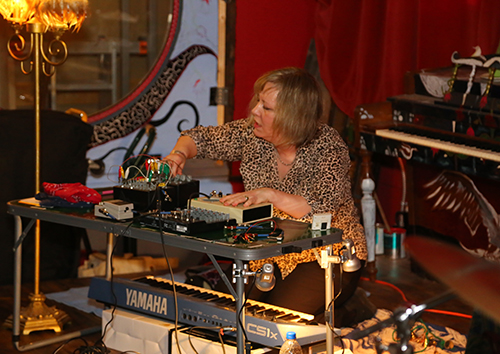
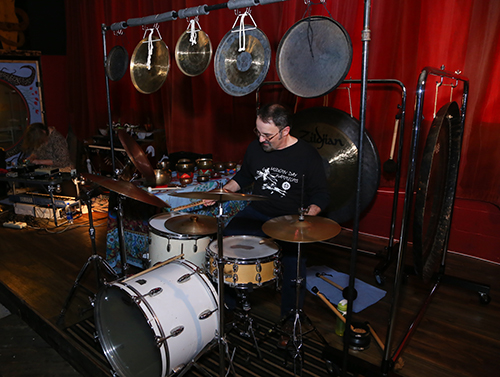
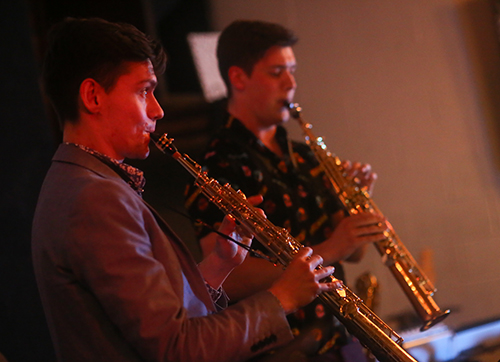
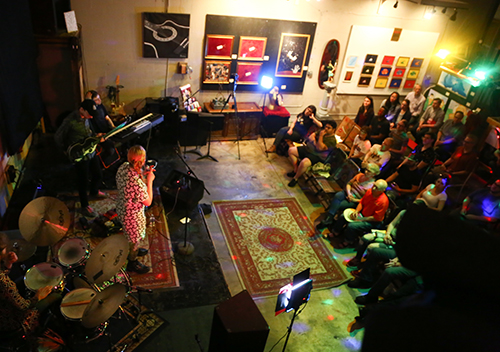
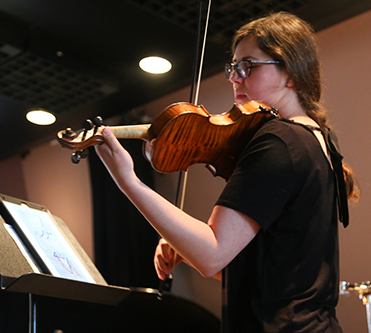
The Canary and The Crane by Emma Eddy, a freshman at Avon High School, creates a melodic array of birdsongs that seamlessly move from one motif to another. Violinist Cara Tweed, clarinetist Gunnar Owen Hirthe, and flutist Sean Gabriel brought these colorful sounds to vivid life.
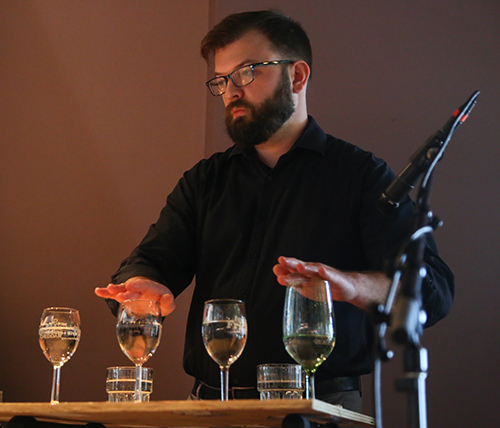
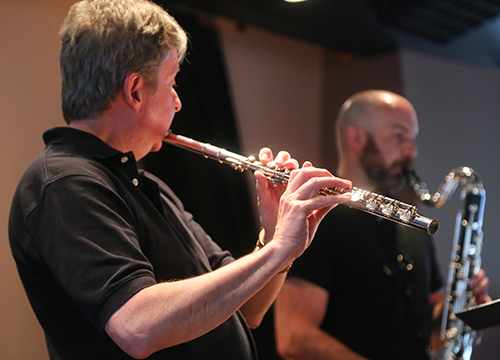
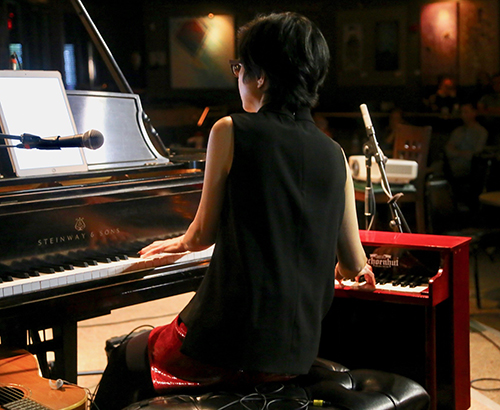
Canadian composer and turntablist Nicole Lizée’s Lynch Études explore her preoccupation with the fallibility of media in excerpts from David Lynch’s films. While the music provides a captivating backdrop to the humorously edited and repetitive film excerpts, that humor diminished over its roughly twenty minutes. Still, the piece provided Ju-Ping Song the opportunity to demonstrate her formidable technique and keen musical sensibilities.
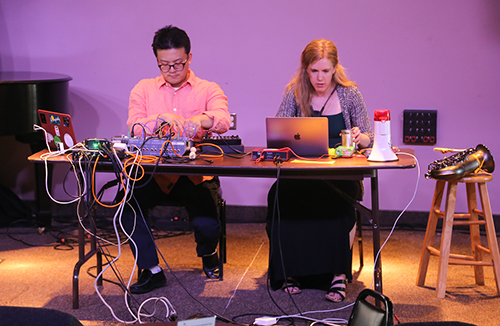
Photos by Emanuel Wallace.
Published on ClevelandClassical.com June 14, 2019.
Click here for a printable copy of this article


